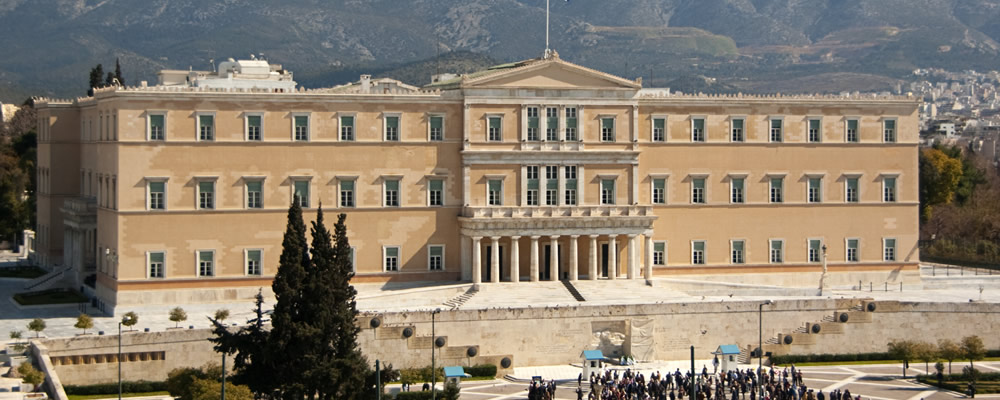The latest raft of Eurozone services and composite PMIs proved more mixed than markets had hoped, putting pressure on the Euro.
Even so, the currency union demonstrated a strong level of economic growth in March as activity picked up on the month.
Investors nevertheless remain wary of a populist upset in the French presidential election, with National Front leader Marine Le Pen still considered to have a shot a victory.
The sense of political risk associated with the Euro also increased in response to the latest developments in Greece.
Prime Minister Alexis Tsipras called for an emergency EU summit if the Eurogroup cannot sign off the current bailout review on Friday.
Creditors remain in a deadlock over the issue of further reforms and austerity measures which Tsipras’ government does not wish to accept.
This raised concerns that a fresh Eurozone crisis could be on the horizon, with Greece needing bailout funds before 7.5 billion Euros of debt mature in July.
If Eurozone finance ministers are unable to approve the disbursement of the next tranche of funds this week the Euro US Dollar exchange rate could extend its recent losses.
Comments from European Central Bank (ECB) President Mario Draghi may provoke further volatility for the Euro ahead of the weekend.
Any dismissal of the prospect of policymakers tapering the quantitative easing program could prompt investors to sell out of the single currency.
However, if markets are encouraged to speculate that the ECB could begin tightening monetary policy sooner than expected the EUR USD exchange rate could find a rallying point.
Demand for the US Dollar could weaken in response to the Federal Open Market Committee’s (FOMC) March meeting minutes, meanwhile.
Investors will be keen to get a stronger gauge of the discussion between policymakers, with any fresh signs of hawkishness likely to boost the ‘Greenback’.
On the other hand, if the minutes suggest that the Fed remains more cautious with regards to monetary policy then the EUR USD exchange rate could trend higher.
As analysts at Danske Bank noted:
‘We expect the Fed to hike two more times this year, in July and December, as the Fed seems less worried about inflation and has increased its weigh on labour market and growth data. Yellen has hinted that four hikes this year means that monetary policy becomes neutral and we think the Fed wants to keep monetary policy slightly accommodative, as there is still slack left in the labour market.’
Either way, the US Dollar could strengthen in response to Friday’s labour market data, with the headline non-farm payrolls figure forecast to have remained bullish.
Current EUR USD Interbank Exchange Rates
At the time of writing, the Euro US Dollar exchange rate was on a downtrend at 1.06. Meanwhile, the US Dollar Euro exchange rate was making modest gains at 0.93.



